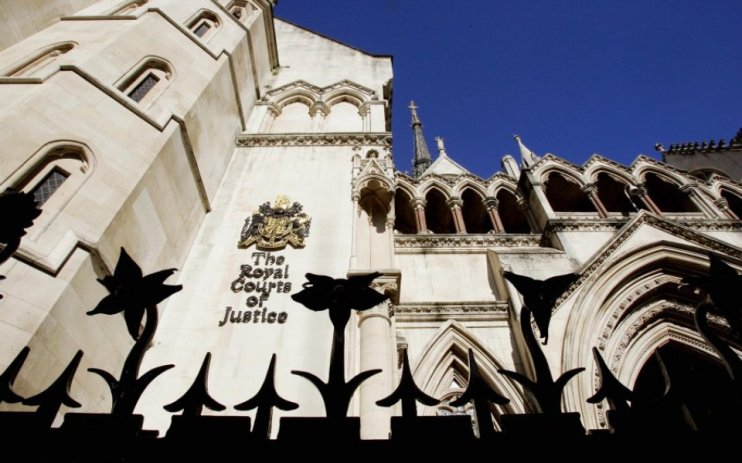Could group action claims explode in post-coronavirus crisis litigation boom?

Lawyers and litigation funders are increasingly looking at group action lawsuits in England and Wales as a way of holding major companies to account.
After the last financial crisis litigation spiked as contractual counterparties fell out and consumers and shareholders pursued banks for wrongdoing.
The litigation landscape in the English legal system has changed over the past decade with a more developed body of law and procedure on bringing group action claims.
Claimant firms have become savvier in the use of such actions, technology has made assembling groups of aggrieved consumers easier and litigation funders are more sophisticated and better resourced than 10 years ago.
London’s claimant law sector remains dynamic, with new firms coming to the scene using technology and litigation funding to level the playing field with big corporates and their major law firms.
This week, London insolvency and litigation boutique Keidan Harrison (virtually) opened its doors with plans to take on banks and others in the expected post-coronavirus litigation upswing.
The firm is led by Marc Keidan – a founder partner of litigation boutique Cooke Young & Keidan – alongside former Debenhams Ottaway partner Luke Harrison.
It also emerged this week that US litigation firm Milberg Phillips Grossman has hired three lawyers from Mishcon de Reya led by partner James Oldnall to open a London office focused on group action claims.
There is a strong expectation the coronavirus crisis will lead to more litigation, with early controversy emerging around business interruption insurance.
Chief executive of litigation funder Burford Capital Christopher Bogart said: “The unfortunate reality of coronavirus – horrible as it is for people – is this pandemic is going to generate an enormous number of disputes. First of all with respect to the pandemic itself with questions around insurance coverage and contractual obligations.”
Business interruption insurance claims
There are already claimant groups forming to take on insurers over their refusal to pay out on business interruption insurance claims.
The Hiscox Action Group – founded to bring claims against insurer Hiscox – has appointed Mishcon partner Richard Leedham to oversee its claim. Litigation funder Harbour Litigation Funding is backing the group.
Separately, Mishcon partner Sonia Campbell has been appointed to lead an action group of hospitality businesses looking to bring claims against insurers.
Meanwhile, law firm Edwin Coe said this week it was assembling British businesses to bring business interruption insurance claims against German insurance giant Allianz.
Group action claims on the up
Harrison said he expected group actions to come to the fore in the crisis aftermath.
“We will see a lot more big group litigation being brought against banks and large corporates, some arising out of covid some out of previous scandals,” Harrison said.
Milberg’s new UK head Oldnall said: “A confluence of more money coming into the market, technology and procedural innovation means we think more of these cases can be successfully pursued.”
Oldnall won a Court of Appeal case last year allowing his client Richard Lloyd to serve a representative action on Google for its alleged unlawful tracking of 4.4m iPhone users.
Earlier this year US claimant firm Keller Lenkner opened an office in London led by former Gowling WLG partner Andrew Nugent Smith.
“An ever maturing collective redress regime in the UK and an increasing ability to bring large numbers of the clients together and manage them efficiently through technology means that we expect group litigation to grow significantly in the UK,” Nugent Smith said.
The impact of increasingly sophisticated and well-financed litigation funders will also drive the growth in group action claims
Oldnall said: “Litigation funding is changing the market and changing people’s approach to litigation and to group actions.”
“Litigation funding was there in 2008-09 but it wasn’t established and embedded in the way it is now,” Keidan said.
The combination of deep-pocketed litigation funders and tech-enabled and hungry claimant law firms is a potent one that is likely to lead to an upsurge in group claims in the UK.
Banks and corporates up to no good in the present crisis should be aware that such wrongdoing could prove expensive.